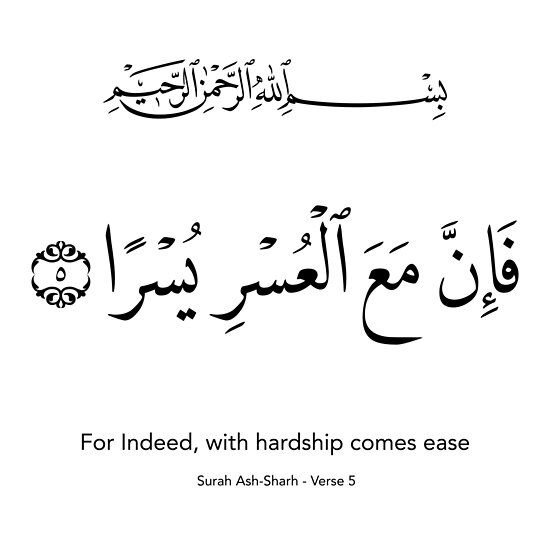Healing from Past Trauma in Marriage Through Qur’anic Guidance
Struggling with past trauma affecting your marriage? Discover how the Qur’an offers hope, healing, and deep emotional renewal for couples facing emotional pain.
Introduction: When the Past Enters the Present
Marriage is supposed to be a safe space—a shelter of peace. But for many, the ghosts of the past linger in the present. Pain from childhood, emotional neglect, betrayal, or even previous relationships can create walls between two hearts that deeply love each other.
Islam does not ignore these wounds. Quran speaks directly to the heart that has been wounded—and guides it gently toward healing, hope, and closeness to Allah ﷻ.
Let us explore how the Qur’an can help you heal from past trauma and restore your marriage with faith, softness, and divine guidance.

1. The Qur’anic Promise: “With Hardship Comes Ease”
“Indeed, with hardship comes ease.” – Surah Ash-Sharh 94:6
Every trauma leaves a mark—but Allah does not abandon the heart that suffers. He promises ease—not after hardship, but with it.
Remember, You are not broken beyond repair. You are in a season of testing, and healing is part of your reward if you endure with faith.
Practical Step: Read this verse frequently. Let it be the reminder that you are not alone, and healing is a process honored in the Qur’an.
2. Silence the Inner Critic with Allah’s Words
Many who carry trauma also carry guilt, shame, or the belief that they are “too much” to be loved.
But Allah says:
“Do not despair of the mercy of Allah. Indeed, Allah forgives all sins.” – Surah Az-Zumar 39:53
Remember, Your trauma is not your fault. It’s not a punishment. You are worthy of love and mercy—both from Allah and your spouse.
Practical Step: Share your emotional needs with your spouse using calm, honest language. Say: “Sometimes I react because of old wounds, not because of you.”
3. Use the Story of Prophet Yusuf (عليه السلام) to Reframe Your Story
Prophet Yusuf (عليه السلام) was betrayed by his own brothers, thrown into a well, sold into slavery, and later imprisoned. But he never let his trauma define his heart.
“Indeed, my Lord is subtle in what He wills.” – Surah Yusuf 12:100
Reflect: Like Yusuf (عليه السلام), you may have been hurt by those you trusted. But your pain does not cancel your purpose.
Practical Step: Reflect together with your spouse on Surah Yusuf. Let it be a weekly ritual to heal through Qur’anic reflection.
4. Reconnect Through Rahmah – Divine Mercy in the Relationship
“And We placed between them affection and mercy.” – Surah Ar-Rum 30:21
When trauma disrupts marriage, it often replaces affection with fear or distance.
Reflect: You are not meant to fix each other—but to gently hold space for each other’s healing.
Practical Step: Choose one way each week to show rahmah—whether it’s a soft word, a warm touch, or silent understanding when your spouse is overwhelmed.
5. Seek Healing with Du’a and Sujood
When words fail, fall into sujood. When the heart is heavy, whisper in the darkness—He listens.
Allah says, “Call upon Me; I will respond to you.” – Surah Ghafir 40:60
Reflect: Emotional healing needs more than therapy—it needs ta’alluq billah, a deep connection with the One who created your heart.
Practical Step: Begin praying Salat al-Hajah as a couple. Even once a week. Ask Allah to heal the wounds you cannot see and draw your hearts back together.
Conclusion: You Are Not Alone in This Journey
Every wound can be healed. Every marriage can be mended when hearts are softened by Qur’anic light. Allah ﷻ did not bring you together to suffer, but to walk through life as partners—witnesses to each other’s growth and keepers of each other’s du’as.
Let your trauma become the soil in which deeper love, trust, and closeness to Allah can grow.
You are not broken. You are becoming.
Share the Healing
If this article touched your heart, please share it with someone silently suffering in their marriage. Healing often begins with one shared reminder from the Qur’an
Discover more from Islam Hashtag
Subscribe to get the latest posts sent to your email.





